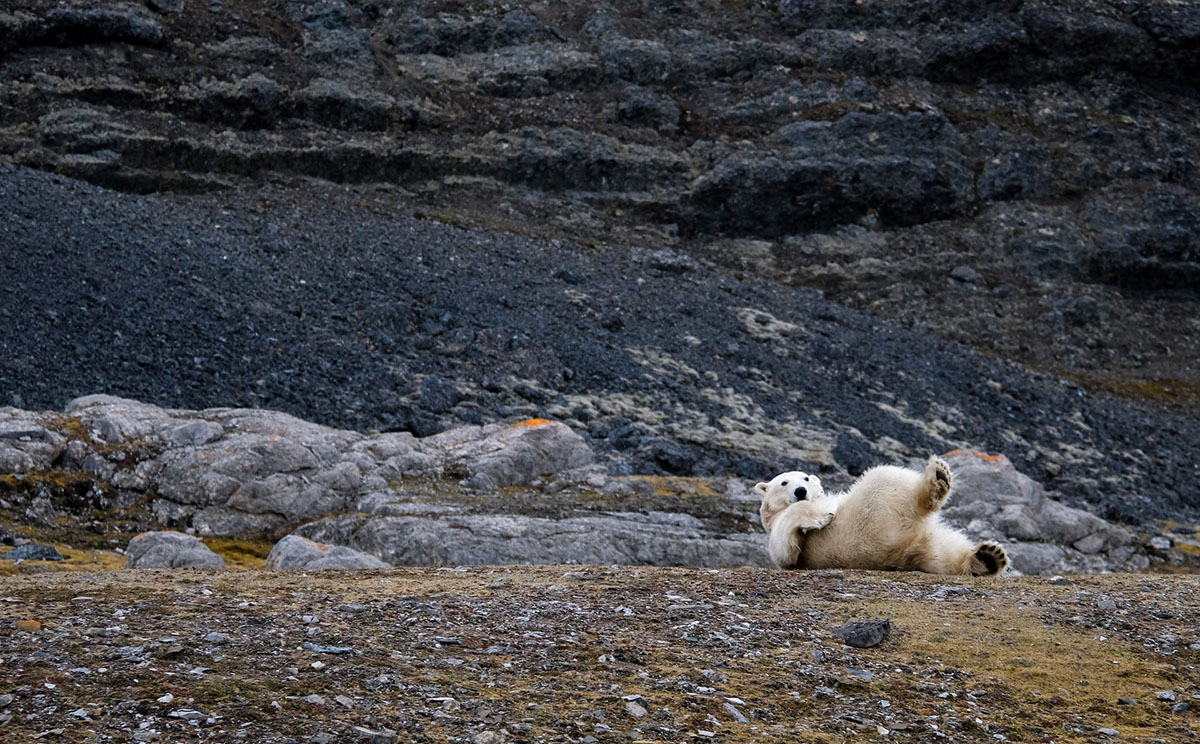Environmental Toxicology - Master of Science (MSc) in Environmental Toxicology and Chemistry 2-years-Trondheim
Environmental Toxicology
Environmental Toxicology

Pollution and climate change are two of the most challenging anthropogenic factors affecting biodiversity and ecosystem functioning today. At the specialization Environmental Toxicology, research activities span from genotoxicity, molecular and cellular toxicology and pollutant effects on fish, amphibians, free ranging marine mammals and birds, including Arctic species.
The research focus on molecular mechanisms, accumulation and transport of pollutants in food webs, effects of environmental contaminants on biotransformation systems, physiology and reproduction (endocrinology, immunology) and behavior of several species.
The research is aimed at understanding the functional and developmental alterations of wildlife caused by exposure to environmental stressors using a combination of experimental exposure studies in controlled laboratory conditions and sampling of free-living animals in the field.
For more information of the course outline and subjects take a look at the
